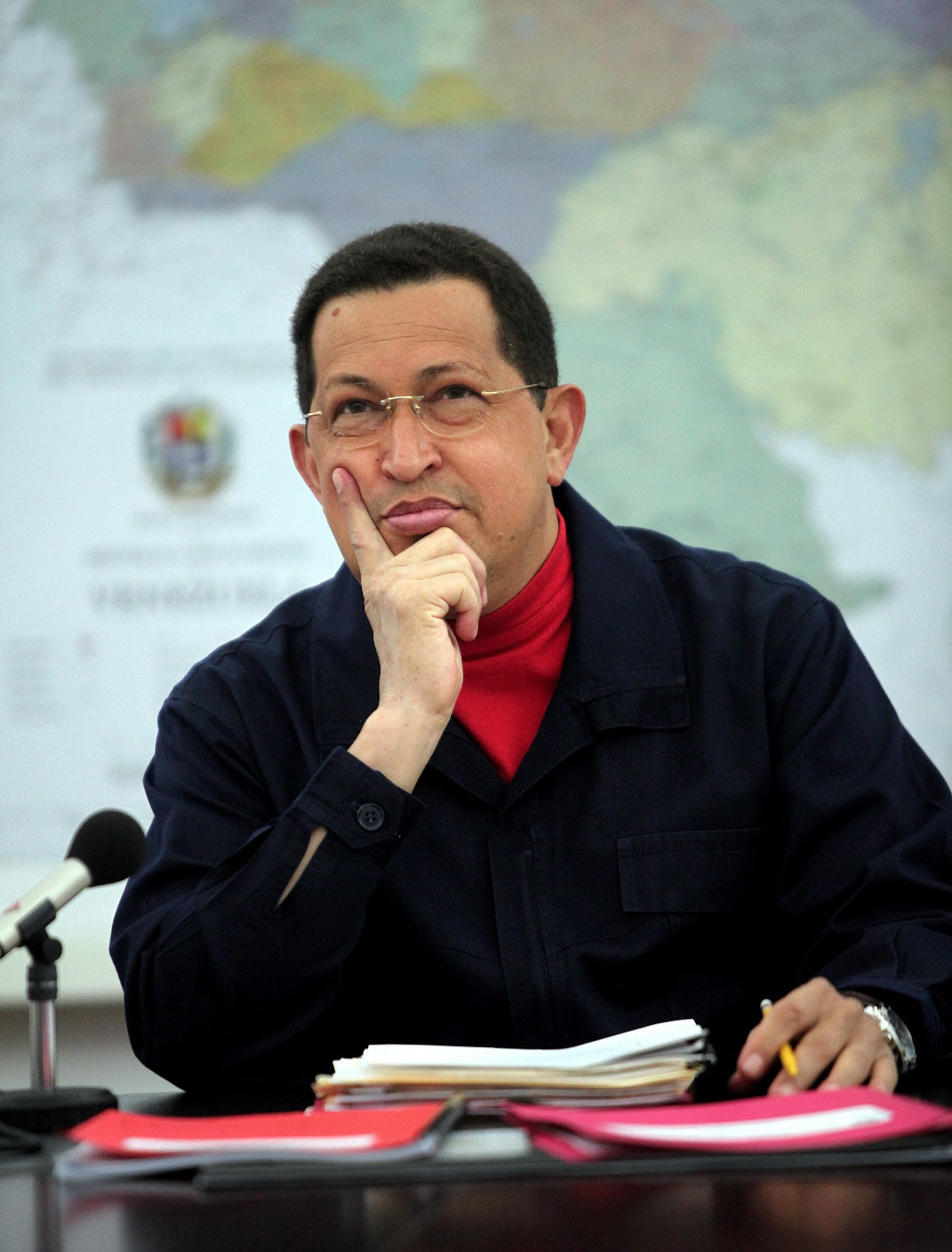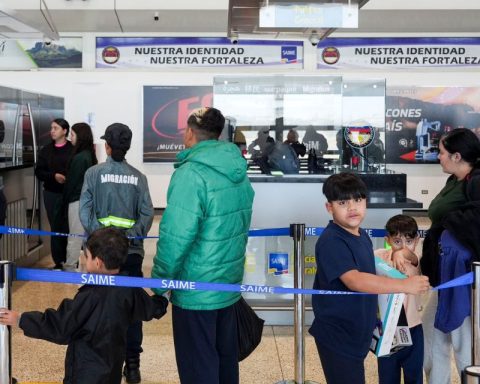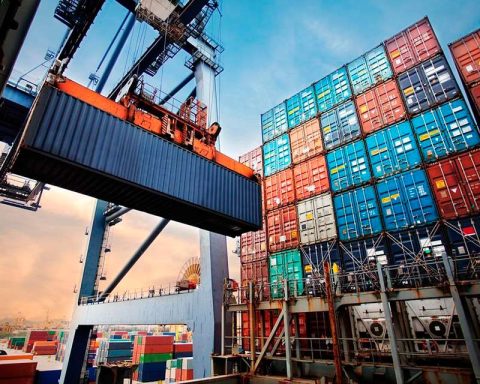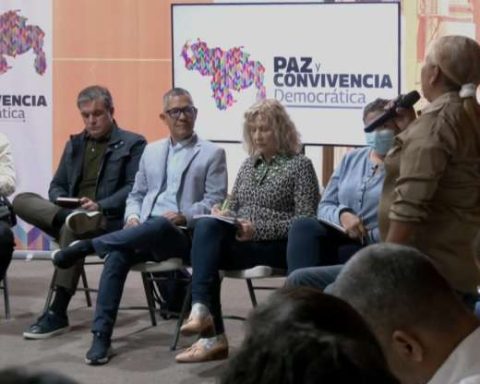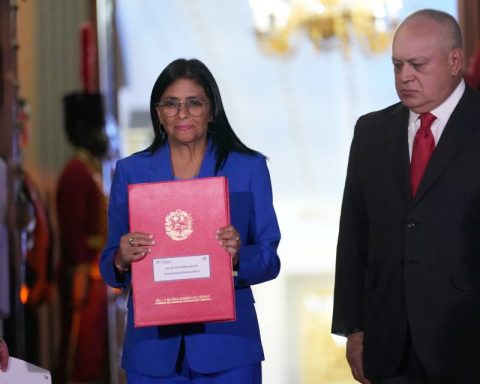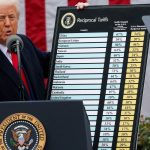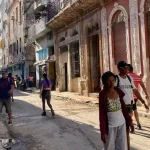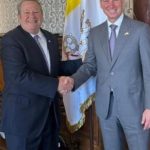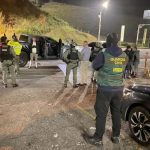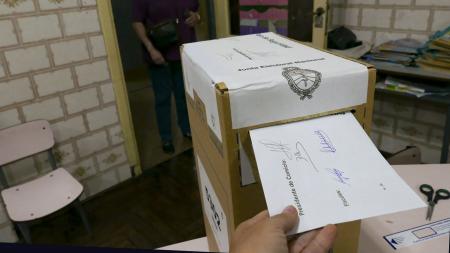When commemorating 10 years of the physical departure of President Hugo Chávez Frías, many events are held in his honor. The opinions that have been heard about the leader of the Bolivarian Revolution are also varied.
President Hugo Chávez Frías died on March 5, 2013, a victim of cancer that blinded his life, but not before having fought titanically against the terrible disease.
Ten years after this event, many remember him and talk about him in such a way that it seems that his departure is more recent.
Russian Foreign Minister Sergei Lavrov said that Chávez left a deep mark on world history. “Chávez stood firm on several occasions in his public speeches and activities on the international stage, in favor of the need to respect the principles of the UN Charter and against some countries submitting to the dictation and monopoly of others” he pointed out.
Likewise, Lavrov recalled that Chávez at the UN was “widely received, even by those who did not agree with him. Even opponents of Hugo Chávez recognized the magnitude of his personality ”.
Chávez visited Russia several times and was “a close and very good friend of our country. In addition to personal relations with President (Vladimir) Putin, he gained great sympathy among all our citizens.
Among the commemorative events, the celebration of a mass in the Russian capital stands out, where the director of the Department for Latin America of the Ministry of Foreign Affairs of the Russian Federation, Alexander Schetinin, attended the ceremony; ambassadors of the diplomatic corps accredited in Moscow, representatives of social organizations; circles of friendship, cooperation and solidarity with Venezuela.
At the ceremony, which took place in the church of San Luis de los Franceses, in Moscow, the Venezuelan ambassador, Jesús Salazar, highlighted the importance of preserving and continuing the legacy of Commander Chávez.
“The names of the great fighters will always go beyond the physical existence of each one of them, they will be forever present in the libertarian conscience of the people. Commander Hugo Chávez Frías does not escape this blunt reality,” said the Venezuelan diplomat.
In addition, Jesús Salazar stressed his validity in historical time, the firmness of his ideals, his way of acting and governing. “His ideas of him were built in a continuous process of reflection, dialectical confrontation to flesh out and defend a political and human-centric project such as the Bolivarian Revolution,” he said.
be an example
“The clear and clean line of our process has to be maintained above all so that the people continue to trust. That is very important and it is one of the things that Chávez and Fidel always did”, pointed out Aleida Guevara, a medical doctor and Cuban militant.
The Cuban doctor stressed that “you cannot ask someone to do something if you are not capable of doing it first. The leader cannot be separated from the reality of his people. To train new revolutionaries, an example is needed” and this was a fundamental value of Chávez.
The Cuban doctor stressed that “you cannot ask someone to do something if you are not capable of doing it first. The leader cannot be separated from the reality of his people. To train new revolutionaries, an example is needed” and this was a fundamental value of Chávez.
Leaders arrive in the country to pay tribute
In commemoration of the 10th anniversary of the planting of Commander Hugo Chávez, who died on March 5, 2013, different delegations, social groups, activists and political leaders came to the country to participate in the activities planned to pay tribute to the precursor of the Bolivarian Revolution.
Former Bolivian President Evo Morales was one of the first former presidents to arrive in the country.
This Saturday, former presidents Manuel Zelaya and Raúl Castro, from Honduras and Cuba, respectively, also arrived in Venezuela.
During the previous days, various delegations from various countries from the five continents arrived to share their anecdotes and the lessons that President Hugo Chávez left with them for the struggle for the peoples of the world with the Venezuelan people.
Petrobronx active in Chávez solidarity
“Our eternal commander, Hugo Chávez Frías, was always guided by the deepest and greatest feelings of love for the working class of the world. He made a very good distinction between the people of the United States, the people who struggle, who live and survive within that country, and the various administrators of that country. They are two very different realities,” said Claudia de la Cruz, a resident and beneficiary of the program started by Hugo Chávez to bring heating to poor communities.
The Petrobronx program, started in 2005 by Chávez himself, supports more than 200,000 poor families in 23 US states with free fuel for heating in cold seasons.
“Chávez taught that solidarity is the accumulation of actions of love,” he affirmed.
